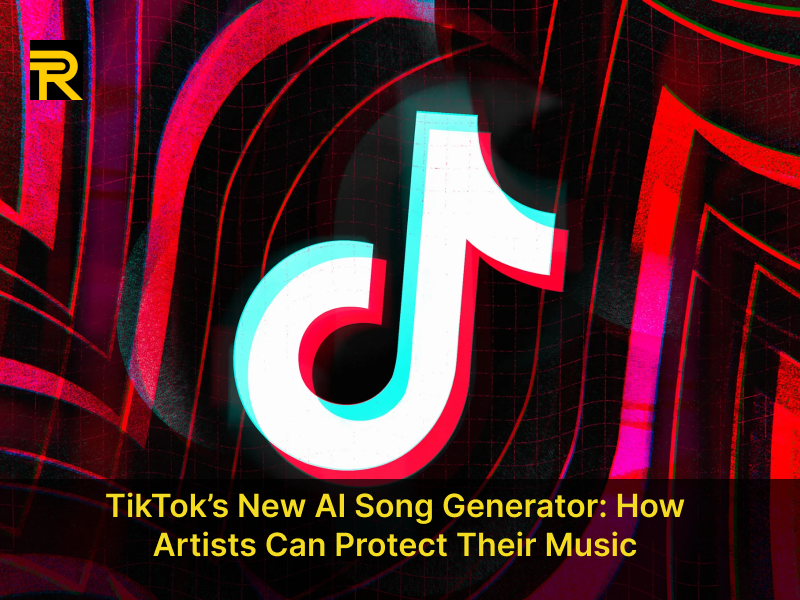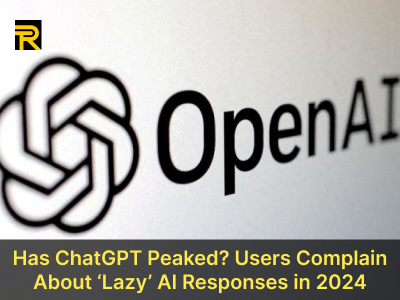
TikTok’s New AI Song Generator: How Artists Can Protect Their Music
TikTok’s New AI Song Generator: How Artists Can Protect Their Music
TikTok’s new AI song generator has sparked both excitement and concern among artists. While the tool offers creative possibilities, it also raises significant ethical issues and challenges for musicians. From copyright infringement to AI scraping, artists must take proactive steps to protect their work. This guide explores how to copyright music, block AI usage, and take legal action against unauthorized AI-generated songs on TikTok.
What is TikTok’s AI Song Generator?
TikTok’s AI song generator uses advanced machine learning to create music based on user inputs. While this technology can be a fun tool for creators, it poses risks for artists whose work may be used without consent. Understanding how to protect your music is crucial in this evolving landscape.
How to Copyright Music from TikTok AI Song Generator
To safeguard your creations, the first step is to copyright your music. Here’s how:
1. Register Your Work
-
Submit your music to the U.S. Copyright Office or your country’s equivalent.
-
Ensure you have proof of ownership, such as timestamps and original files.
2. Document Your Creative Process
-
Keep records of your songwriting process, including drafts and recordings.
-
This documentation can serve as evidence in case of disputes.
Block AI from Using Your Music on TikTok 2024
To block AI from using your music on TikTok in 2024, consider the following steps:
1. Opt-Out of TikTok AI Training
-
TikTok allows artists to opt-out of AI training on their music.
-
Visit TikTok’s settings and adjust your preferences to restrict AI access.
2. Use Watermarking Techniques
-
Watermarking your music can deter AI from replicating your work.
-
Embed unique identifiers in your audio files to track unauthorized use.
Best Tools to Detect AI-Generated Songs on TikTok
Detecting AI-generated songs is essential for protecting your work. Here are the best tools to detect AI-generated songs on TikTok:
1. Audio Fingerprinting Software
-
Tools like Shazam and Audible Magic can identify unauthorized use of your music.
2. AI Detection Platforms
Legal Action Against TikTok AI Music Copyright Infringement
If your music is used without permission, you can take legal action against TikTok AI music copyright infringement. Here’s how:
1. File a DMCA Takedown Request
-
Submit a DMCA takedown to TikTok to remove infringing content.
-
Provide proof of ownership and details of the violation.
2. Consult a Legal Expert
-
Seek advice from an intellectual property lawyer to explore your options.
How to Opt-Out of TikTok AI Training on Your Music
To opt-out of TikTok AI training on your music, follow these steps:
1. Access TikTok’s Creator Portal
-
Log in to your TikTok account and navigate to the Creator Portal.
2. Adjust AI Training Settings
-
Disable the option that allows TikTok to use your music for AI training.
Protect Vocals from AI Scraping on Social Media
AI scraping is a growing concern for artists. To protect your vocals from AI scraping on social media:
1. Limit Public Sharing
-
Avoid posting full tracks or high-quality recordings publicly.
2. Use Audio Obfuscation Tools
-
Tools like AudioWatermark can add noise or distortion to deter scraping.
TikTok AI Song Generator Ethical Issues for Artists
The TikTok AI song generator raises several ethical issues for artists, including:
-
Lack of Consent: AI may use artists’ work without permission.
-
Devaluation of Original Music: AI-generated songs can dilute the value of original compositions.
Watermarking Music to Prevent AI Replication
Watermarking your music is an effective way to prevent AI replication. Here’s how:
1. Embed Unique Identifiers
-
Use software to embed digital watermarks in your audio files.
2. Monitor Usage
-
Regularly check for unauthorized use of your watermarked music.
TikTok AI Music Removal Request Process
If your music is used without permission, follow TikTok’s AI music removal request process:
1. Submit a Removal Request
-
Visit TikTok’s support page and fill out the removal request form.
2. Provide Evidence
-
Include proof of ownership and details of the infringement.
DMCA Takedowns for AI-Generated Songs on TikTok
Filing a DMCA takedown is a powerful tool for removing unauthorized content. Here’s how to file one:
1. Gather Evidence
-
Collect proof of ownership and screenshots of the infringing content.
2. Submit the Takedown Notice
-
Send the notice to TikTok’s designated DMCA agent.
Conclusion
TikTok’s AI song generator presents both opportunities and challenges for artists. By taking proactive steps like copyrighting your music, blocking AI usage, and using DMCA takedowns, you can protect your work from unauthorized use. Stay informed, leverage the best tools to detect AI-generated songs, and advocate for your rights in this rapidly evolving digital landscape.
Follow Us
Trending News
Newsletter
Join us to get latest News Updates



